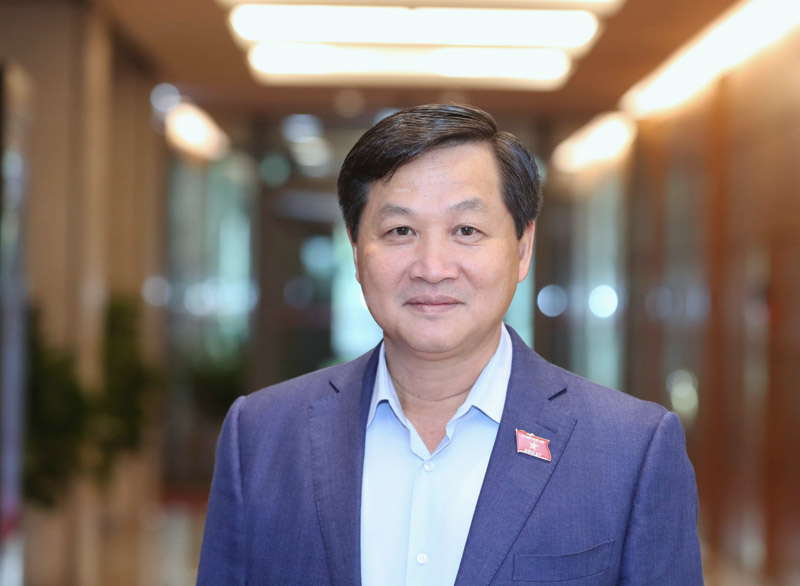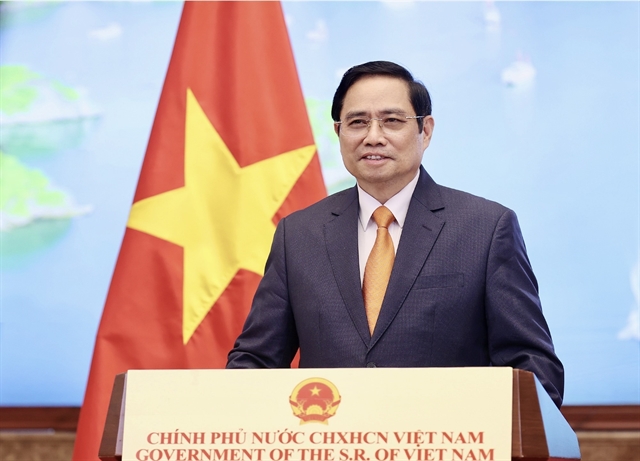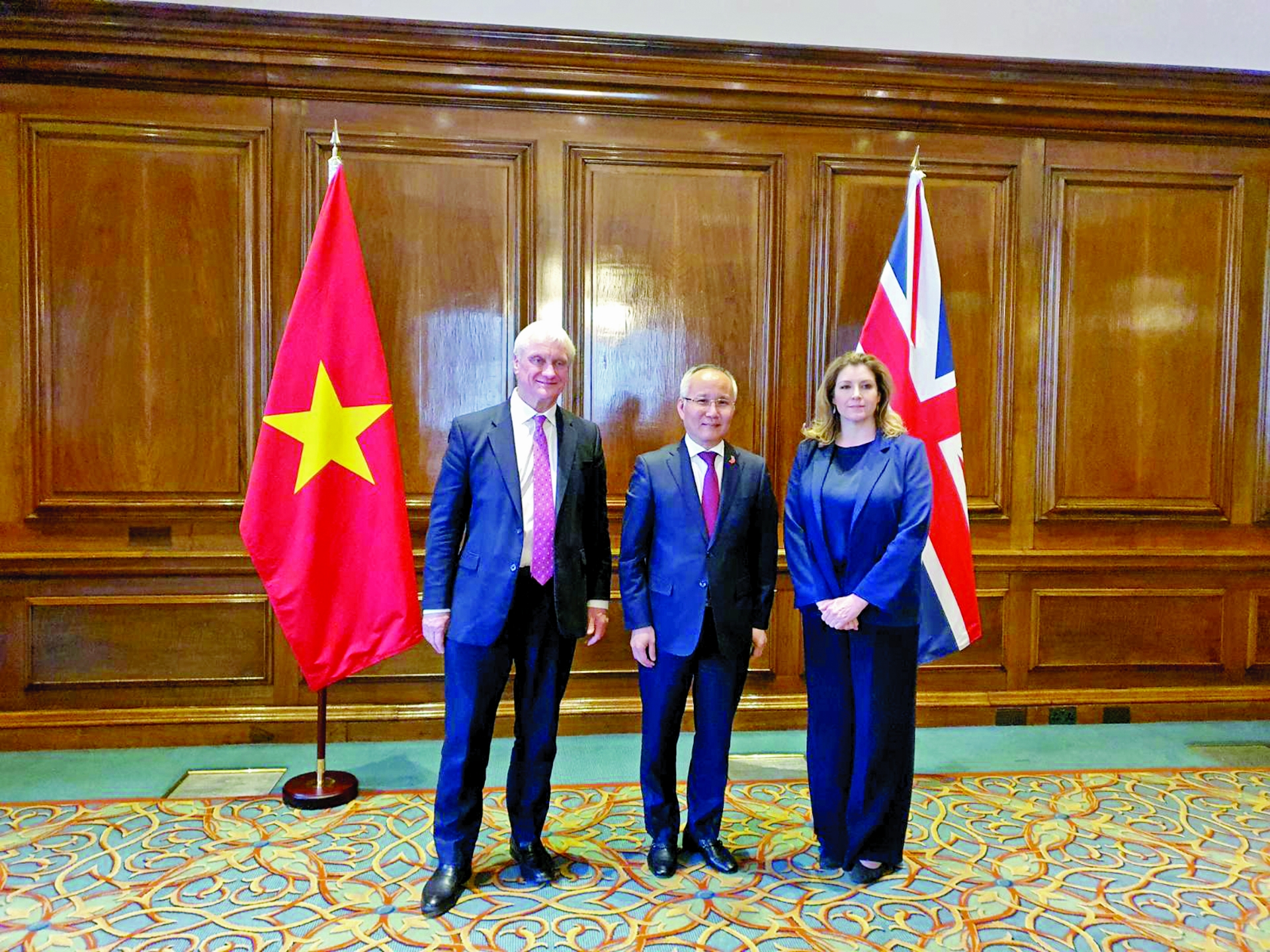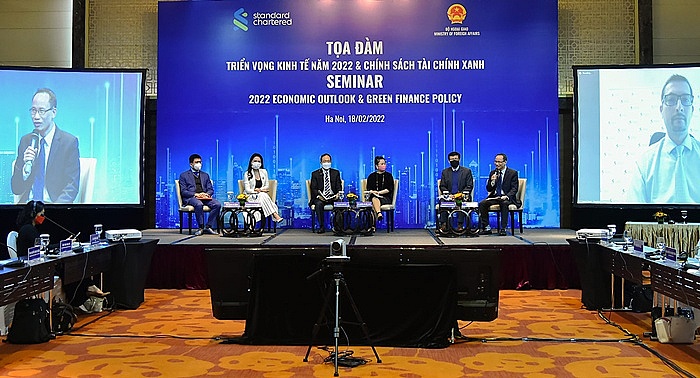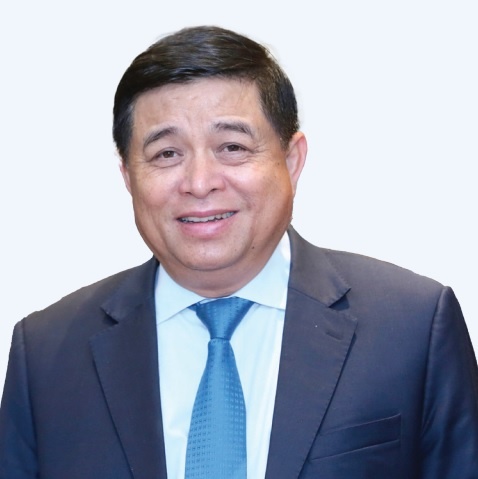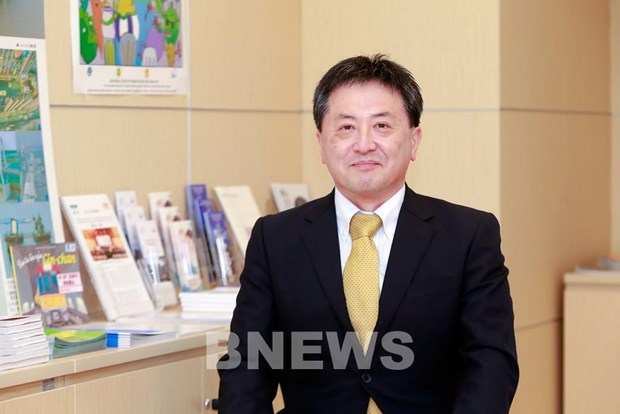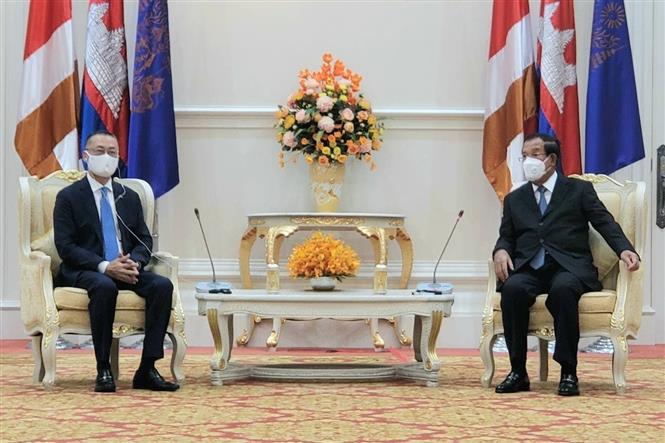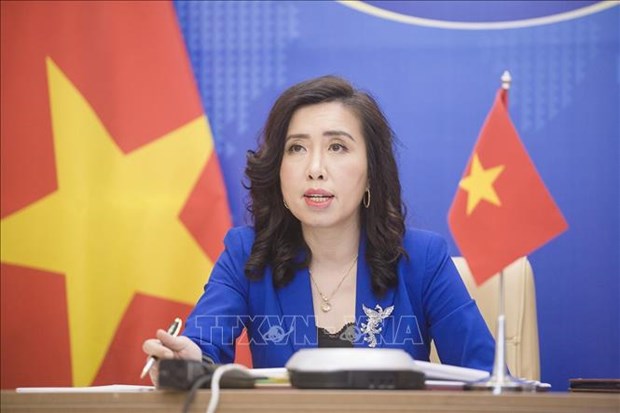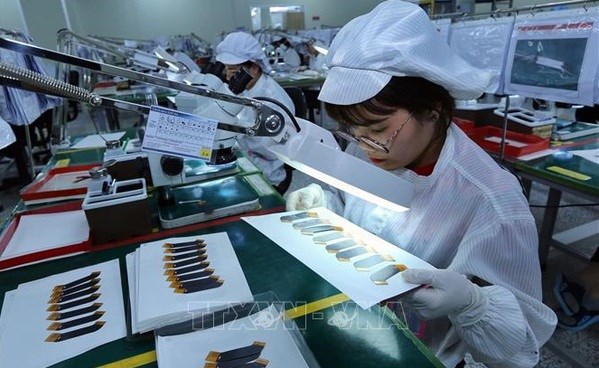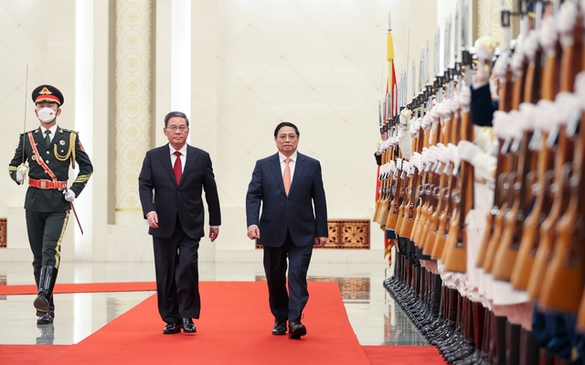Cuba reaches out to Vietnam for investment in ZED Mariel
(VEN) - Cuba and Vietnam are boosting efforts to take advantage of opportunities provided by their 2020 trade agreement to facilitate trade and investment between the two countries.
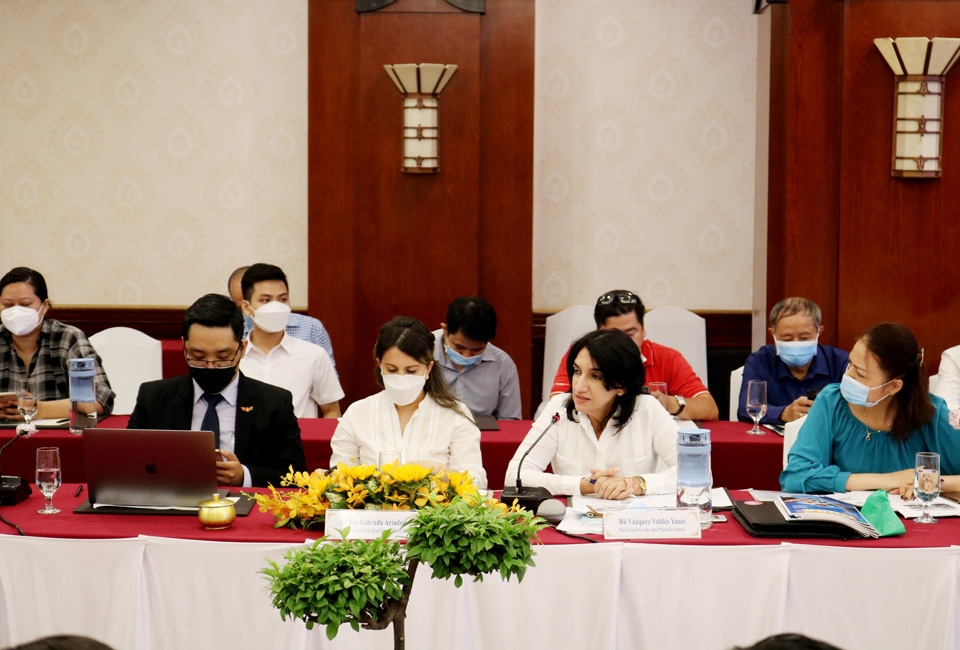
Advantages of Mariel
Cao Thi Phi Van, deputy director of the Ho Chi Minh City Investment and Trade Promotion Center, said the Vietnam-Cuba Trade Agreement, which took effect in 2020, has contributed to promoting trade exchanges between the two countries and ensuring investment from Vietnamese businesses in Cuba.
Cuba has four investment projects in Vietnam with total capital of over US$7 million, ranking 81st among the 141 countries and territories investing in the country. Meanwhile, Vietnam has poured over US$44 million into four projects in Cuba, including the SAVIG floor tile factory, a joint venture between Vietnam’s Viglacera Corporation and Cuba’s Prodimat Company.
Cuban Consul General in Ho Chi Minh City Ariadne Feo Labrada said foreign investment is of great significance for the Cuban economy as the country annually needs more than US$2 million to boost production. In 2020, Cuba only attracted 29 investment projects worth US$1.895 million in the fields of tourism, construction, mining and industry, Labrada said.
Labrada spoke at an April 19 seminar in Ho Chi Minh City to advance investment in the Mariel Special Development Zone (ZED Mariel). Cuba is promoting investment in ZED Mariel, highlighting its advantageous geographical location in the heart of the Caribbean Sea and at the intersection of main shipping routes in the Western Hemisphere. ZED Mariel is located in Artemisa Province, 45km west of Havana, and regulated by special regimes and policies. The zone is designed to attract investment in the production of goods and added-value services, obtain knowledge, apply innovation and clean technologies, generate industrial production to replace imports, boost exports and create jobs.
Incentives for Vietnam
Ivo Eutiquiano Delgado Gomez, planning executive officer of ZED Mariel, said Vietnamese businesses will enjoy many incentives when investing in the zone. They are supported by the two governments in procedures and licenses, especially a one-stop-shop system for handling all certificates, permits, and authorizations. In addition, the Cuban government has directed manufacturing enterprises to give priority to buying goods made in the zone if they are priced competitively compared to imported ones.
Tran Ngoc Thuan, general director of the Thai Binh Company, said Vietnamese businesses should conduct market research and increase investment in high-potential sectors, such as construction, energy, food production and processing, tourism, oil and gas exploitation, telecommunications, information technology, logistics, infrastructure, pharmaceuticals, biotechnology, sugar and sugarcane by-products, industry, mining and insurance. In addition, they should promote exports in which Vietnam has advantages, such as rice, coffee, chemical products, garments and textiles, footwear, computers and components, construction materials, ceramics, machinery, equipment and tools.
Thuan said Vietnamese businesses should keep up-to-date with information about partners and the Cuban market to ensure success, and work closely with the Vietnam Trade Office in Cuba and the Foreign Investment Agency to devise good business plans.

